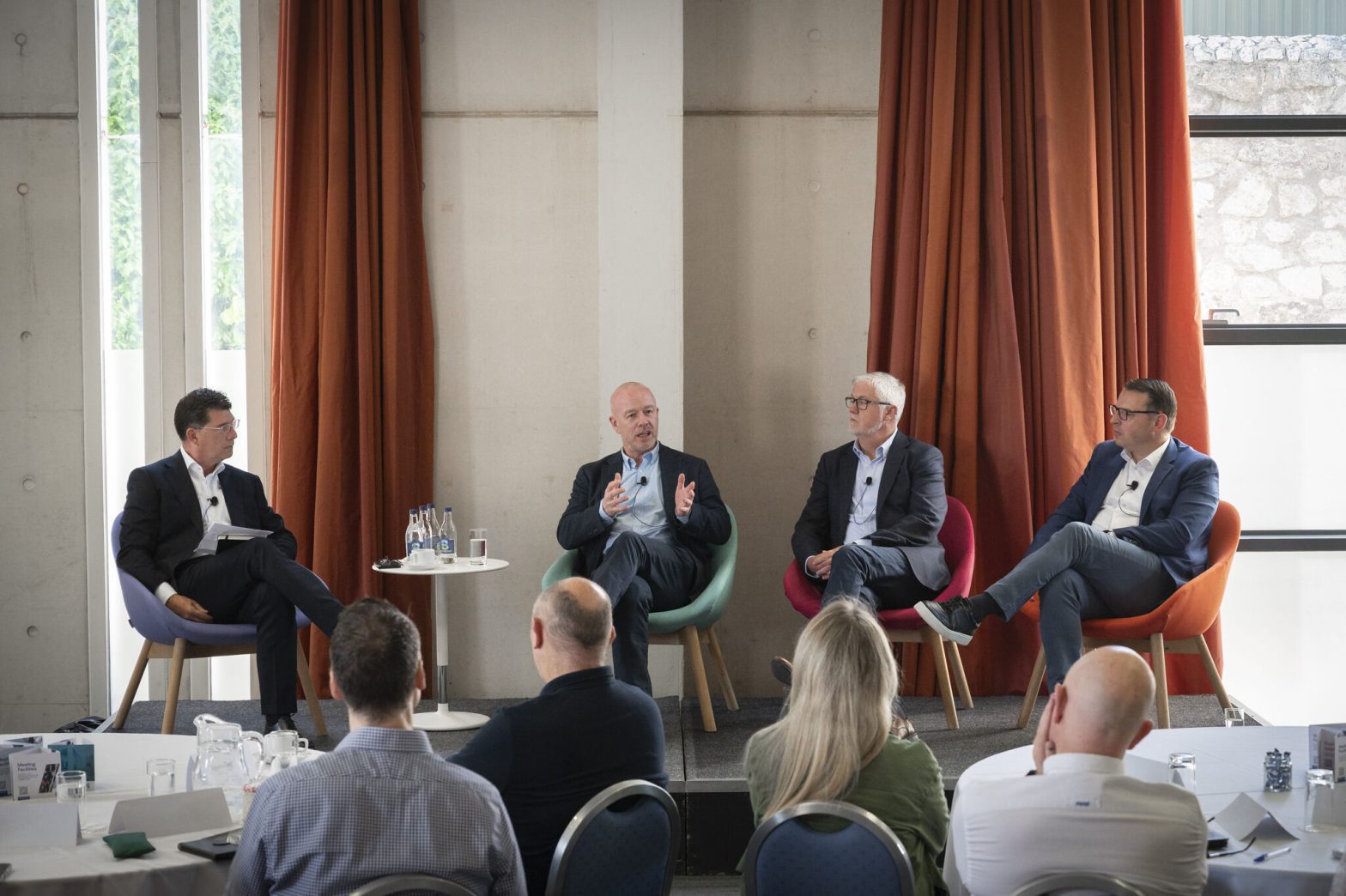What Chief Data Officers could learn from Jurgen Klopp
By Tadhg Nagle | 24th March 2019
Data is an important component for success in today’s world. We may not know how much value it has, how to value it, or even what data we have, but we do have that overall sense that it is important.
It’s fair to say that everybody knows that data is an important component for success in today’s world. We may not know how much value it has, how to value it, or even what data we have, but we do have that overall sense that it is important.
Sports is one area where the impact of data is immediately visible to all.

(Photo source)
From data devices on the backs of rugby players to the use of hawkeye to the insane stats that flash up on TV screens during a game, data has also been used in the strategic management of sports clubs and their performance, to which Liverpool F.C. are no strangers.
Alongside being taken over by the Fenway Sports Group (FSG), in the process Liverpool also acquired the concept of sabermetrics. Made popular in the public’s conscience by the movie Moneyball (based on a book by Michael Lewis’s), sabermetrics was first applied by the Oakland A’s baseball team with great success. The concept was later brought to the FSG-owned Boston Redsox.
An old problem with a new lens
Not surprisingly, defense and offense is a fundamental concept in sports, if not the most fundamental aspect, and sabremetrics is an example of what data (or a Chief Data Officer) can do in finding the right strategy for a team to use.
Teams map out zones in playing arena’s, they have separate coaches for each area, they have specific roles within teams to carry out detailed defensive/offensive tasks during a game and they measure the effectiveness of both sides using different metrics.
At Liverpool F.C., Jurgen Klopp has adopted a strategy called “gegenpressing” that leans towards a more offensive style of playing. The strategy is underpinned by a very strong compliment of strikers and emphasised with the philosophy of not being afraid to defensively concede goals as the offense will score more.
Sports and the real world
With defense v offense being such a well known concept in managing sports teams, it is interesting that is has only been very recently applied to managing data capabilities. An article in Harvard Business Review in 2017 by Leandro DalleMule and Thomas H. Davenport outlined the need for organisations to balance both their defensive and offensive data strategies.
In the article it details a defensive strategy as one that focuses on control, good data quality and a single version of the truth. On the other hand an offensive strategy is one that emphasises flexibility and the ability to deliver different views (e.g. a marketing view, an operations view) depending on the needs of the business.
To visualise defensive and offensive data capabilities I have taken the ‘Data Value Map’ we’ve developed, which in some respects can be used to represent a playing pitch, and overlaid what a data defense and data offense looks like.
The result is a much more defined focus that details data acquisition to data integration as defensive tasks and data analysis to data delivery as offensive tasks. In data terms, poor data quality and having data scattered in all corners of the organisation are the biggest causes of a leaky defense. You may be familiar with the feeling that while you have loads of data, very little of it is usable. This is a common symptom of a poor defensive capability.
With regard to offense, many organisations have invested in advanced analytical technologies, which can deliver fantastic insights into the business. However, without fully understanding what the organisation needs this investment may be under utilised or poorly focused. In addition, striking the balance between defense and offense is of paramount importance. If you favour an all out attack type strategy at the expense of your defense you may end up with nice visualisations that present inaccurate data, leading to poor decisions.
A good defense is the best offense
Lastly, if you are intending to make data apart of your competitive advantage, you cannot afford to have weaknesses in your defense no matter what way it is balanced. This is something Jurgen Klopp was fully aware as Liverpool just missed out on the Champions League last year, and one reason why in January 2018 they spent £75 million on Virgil van Dijk, a world record transfer fee for a defender.
Weaknesses get exposed very quickly when the stakes are high and with the business world facing up to increased scrutiny through GDPR, organisations need to start focusing on their data defense to provide a stable foundation for success.
Tadhg Nagle is joint Programme Director of the IMI Diploma in Data Business.
He is also a lecturer and researcher in Information Systems at University College Cork.
With a background in financial services his expertise is in strategic innovation and emerging and disruptive technologies.



